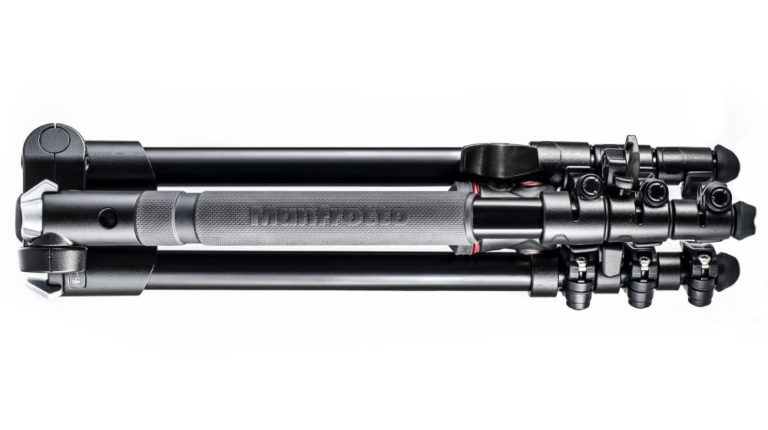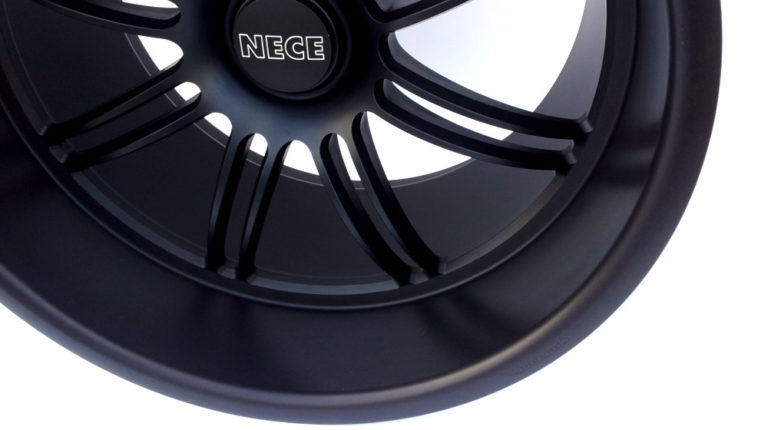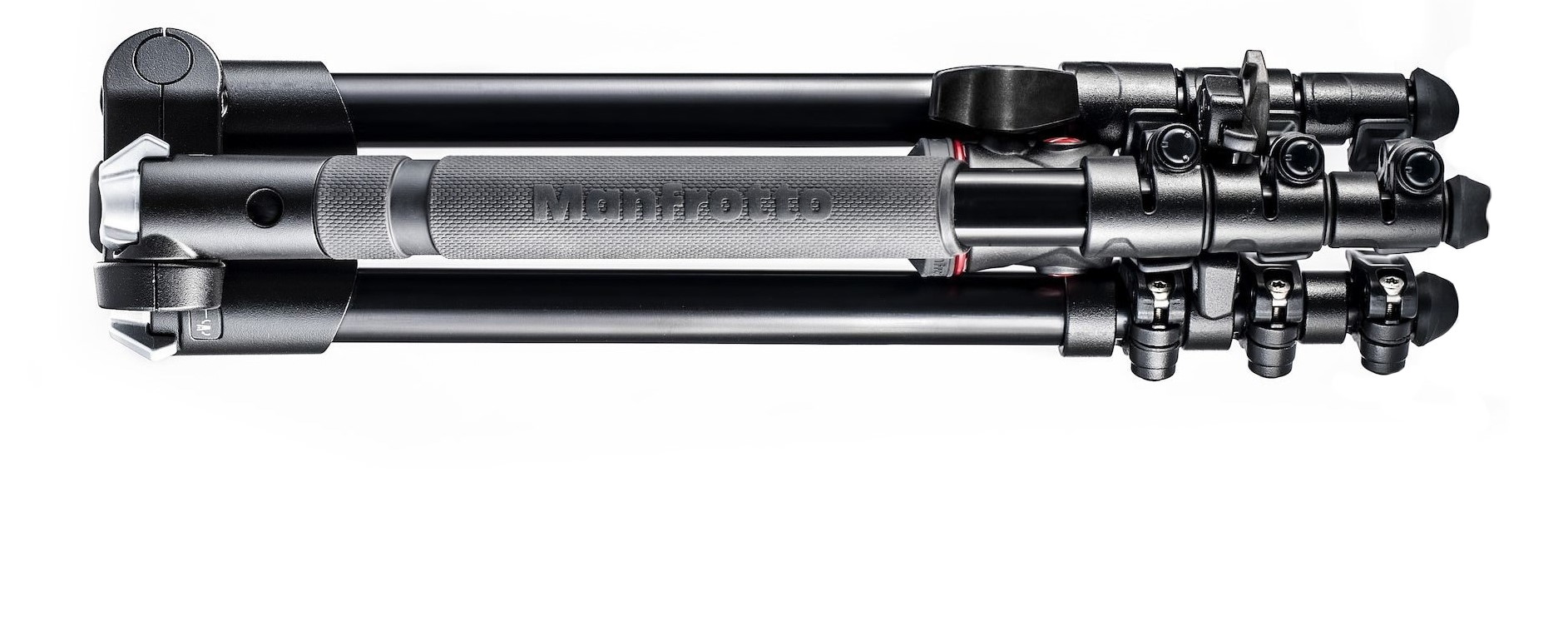
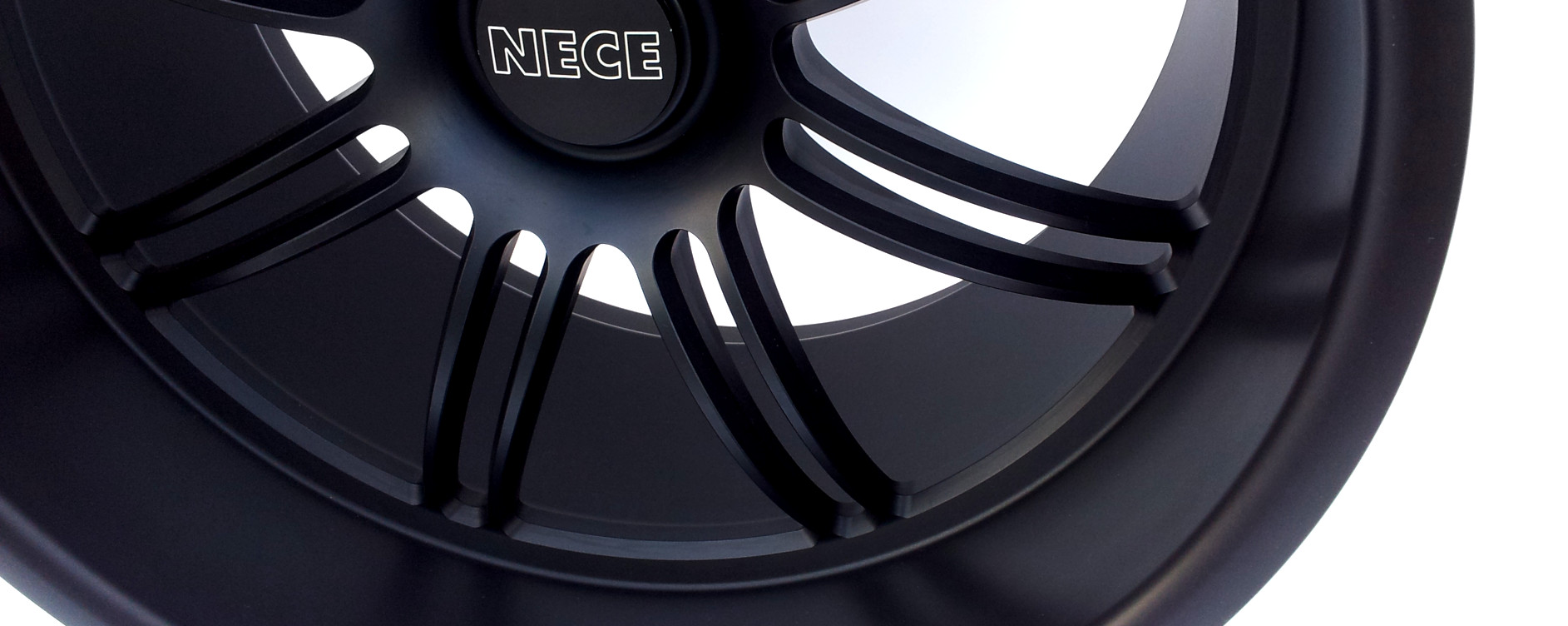
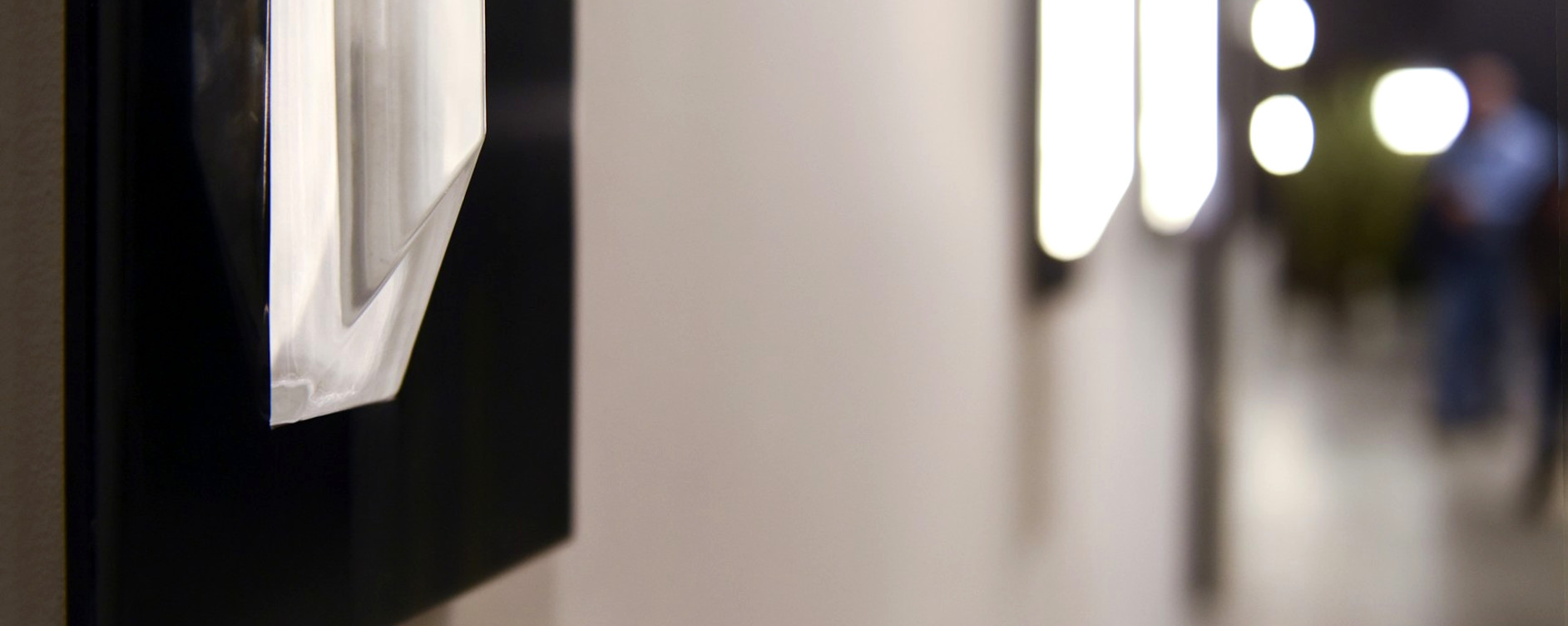
Black Organic Anodizing
NECE Anodizing in order to concretely respond to market requests, has equipped a line of the plant for the oxidation of the Black color with the Organic process.
With Electrocoloring, applied to aluminum alloys other than those of class 5000 and 6000, it is not possible to obtain an intense black color and a high level surface quality.
The NECE Anodizing laboratory, after carrying out numerous tests, was able to ascertain that Anodizing with Organic Colors is the most suitable finish for all alloys of class 1000, 2000, 3000, 4000, 5000, 6000, 7000 and 8000, as at the end of the process the surface obtained is of an intense black color, and not greyish, as in the case of Electrocoloring.
The BLACK Organic Color Anodizing, which was immediately in great demand by the automotive and precision mechanics sector, was subsequently requested by other sectors that had ever greater length requirements, up to the current maximum standard of 7,500 mm, which upon request it can reach 8,000 mm.
This coloring is obtained by absorption through immersion of the anodized material in an organic dye solution.
Color with high light fastness, beyond the reference 8 scale (ISO 2135).
- Only unpainted parts and alloys suitable for anodizing can be anodized
- Minimum order € 150,00 + VAT
- For small quantities, times of about 10 working days
Aluminum Anodizing with Organic Colors is suitable for:
- architectural use of exteriors
- optical photographic instruments
- signalling
- furniture
- car rims
- motorcycle rims
- many other uses
REALIZATIONS
For more informations:
- The finishes are made on industrial plants and comply with European standards relating to anodic oxidation processes on aluminum profiles.
- The colors and their shades in this samples are purely indicative.
- We do not accept disputes on cut, processed and assembled materials. The customer is required to check the materials before processing.
- The customer is required to ask for confirmation on codes and colors. NECE reserves the right to vary the finishes and colors without prior notice.
- Mechanical factors, which are not completely controllable by the process and oxidation, such as the type of profile, its heat treatment, the composition of the alloy, the finish and its chemical reactivity, influence the color.
